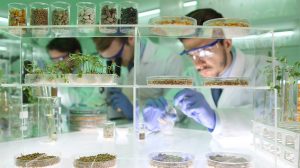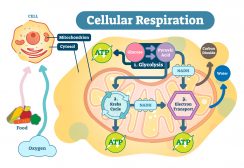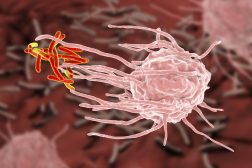Definition
noun
A metabolic process in certain microbes wherein methane is produced
Supplement
Methanogenesis is a metabolic process wherein methane is produced. It is usually the final step in the decomposition of biomass. Certain microbes are capable of producing methane as a byproduct. These microbes are referred to as methanogens. The methanogens belong to the domain Archaea. They thrive in anoxic conditions and are common in wetlands. They are the ones responsible for the production of marsh gas. Some of them are also found in the digestive tracts of animals, e.g. ruminants and humans. These microbes that live in the digestive tract are responsible for the presence of methane in ruminants’ belching and humans’ flatulence. Others live as extremophiles in hot springs and hydrothermal vents.1 Methanogens are strictly anaerobic. Most of them are sensitive to oxygen and are susceptible to oxygen stress especially for longer periods of time.
Methanogenesis may involve the use of acetic acid and carbon dioxide as terminal electron acceptors. It may also utilize carbon from organic sources such as formic acid, methanol, dimethyl sulfide, etc.
Word origin: methano– (methane) + genesis (beginning)
Synonym(s):
- biomethanation
See also:
Reference(s):
1 Methanogen. Wikipedia.org. Retrieved from ://en.wikipedia.org/wiki/Methanogen.







